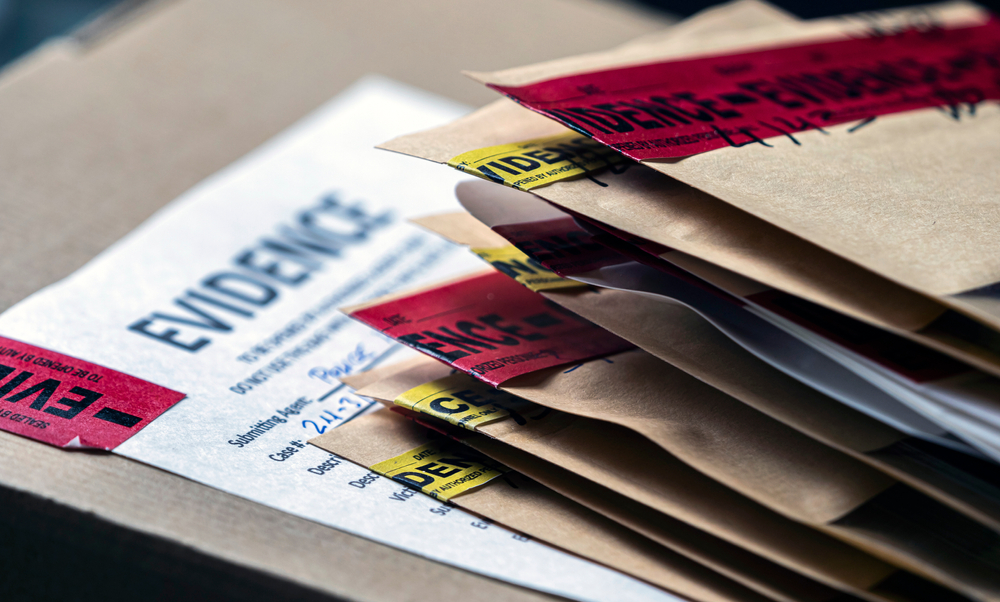Operation Identification (OpID) within the Forensic Anthropology Center at Texas State University started ten years ago with the aim of locating, exhuming, and working towards identification for long-term unidentified human remains (UHRs) in South Texas. These UHRs represent border crossing deaths that had no DNA samples in CODIS, and little attention given to investigation efforts. While OpID still works with long-term UHRs, OpID is also now assisting rural jurisdictions with more recent deaths thanks to the FY 2022 MUHR award. With the continual rise in migrant deaths, many counties are overwhelmed with UHRs and have little resources to process them and work towards identification. To ensure these UHR are not buried and forgotten, OpID proposed to work with local jurisdictional authorities to remotely assist with identification efforts. Recently, OpID was able to put this prosed work into action with funding from the MUHR Program. OpID was contacted by the Brooks County Sheriff’s Office (BCSO) on May 9, 2022, regarding the discovery of a recent UHR that was decomposed beyond recognition. Two Guatemalan identification cards were found within clothing on the remains; however, this cannot be considered an identification. The consulate was notified and contacted the family to obtain several familial reference samples (FRS). BCSO does not take DNA samples from UHRs nor do other jurisdictional authorities within the county, therefore an OpID team member traveled a few hours to Brooks County to obtain a DNA sample from the UHR in the BCSO refrigerated storage unit. Due to the strong identification hypothesis, following county protocols and chain of custody procedures, the OpID team sent the FRS and UHR DNA sample to a private laboratory for comparison at the request of the consulate. Two weeks later, OpID was notified of a positive genetic association that was then compared to all circumstantial information. The appropriate jurisdictional authority signed off on the identification and the repatriation process began. The MUHR funding allowed OpID to hire more staff allowing OpID members to travel to Brooks County for DNA collection and to provide a quick turnaround for this case. Without the capability of assisting Brooks County, previous turnaround times for DNA comparisons have been anywhere from six months to two years.





